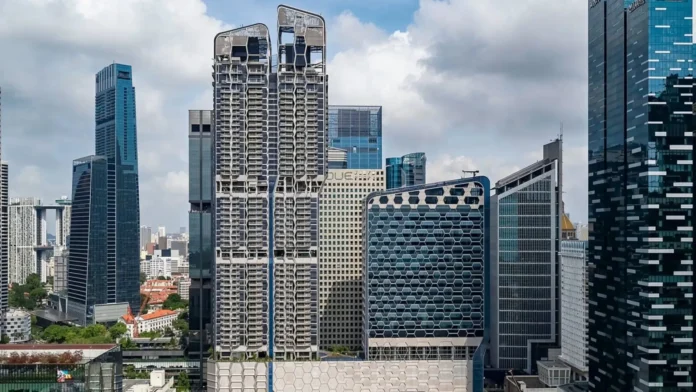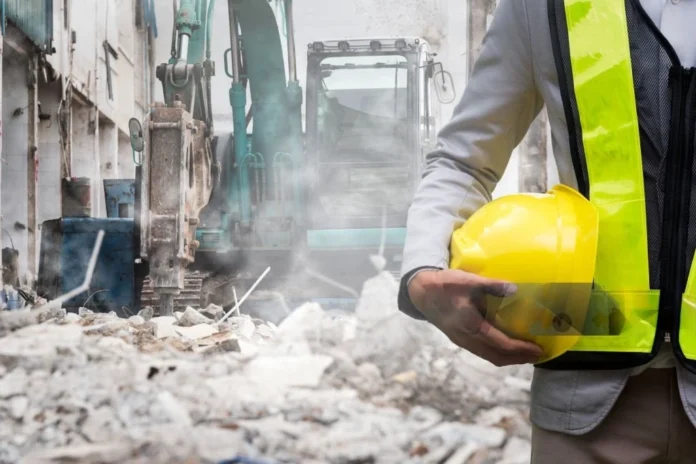Buying a home in Singapore is a big deal. Prices are high, rules are strict, and the process can feel overwhelming, especially if it’s your first time or you’re moving here from overseas.
I’ve been there—staring at property listings, feeling lost in all the financial jargon, and wondering if I’d ever be able to afford a place in this city. But after going through it myself, I can tell you it’s possible. You just need the right strategy, a clear budget, and a little patience.
So, let’s break it all down. Whether you’re a Singaporean looking to own your first home or an expat hoping to put down roots, this guide will help you get started.
Why Buying a Home in Singapore Feels So Intimidating


Singapore is one of the most expensive property markets in the world. Land is limited, demand is high, and government policies keep shifting.
For locals, there are grants and subsidies, but for foreigners, buying a home comes with extra taxes and restrictions. That’s why many expats choose to rent. But if you’re staying long-term, buying can be a smart move—if you do it right.
The key? Knowing what you can buy, how much you can afford, and planning your finances properly.
Step One: Knowing Your Options
Not all properties in Singapore are available to everyone. Your choices depend on whether you’re a citizen, a PR, or a foreigner.
HDB Flats (Public Housing)
- Who can buy: Singaporeans and PRs (but PRs can only buy resale flats, not new ones)
- Pros: Most affordable option, government subsidies available
- Cons: Foreigners can’t buy, restrictions on renting out, minimum occupancy periods
HDB flats are the most common type of housing in Singapore. But they come with a long list of rules. If you’re an expat without PR status, HDB isn’t an option.
Executive Condominiums (ECs)
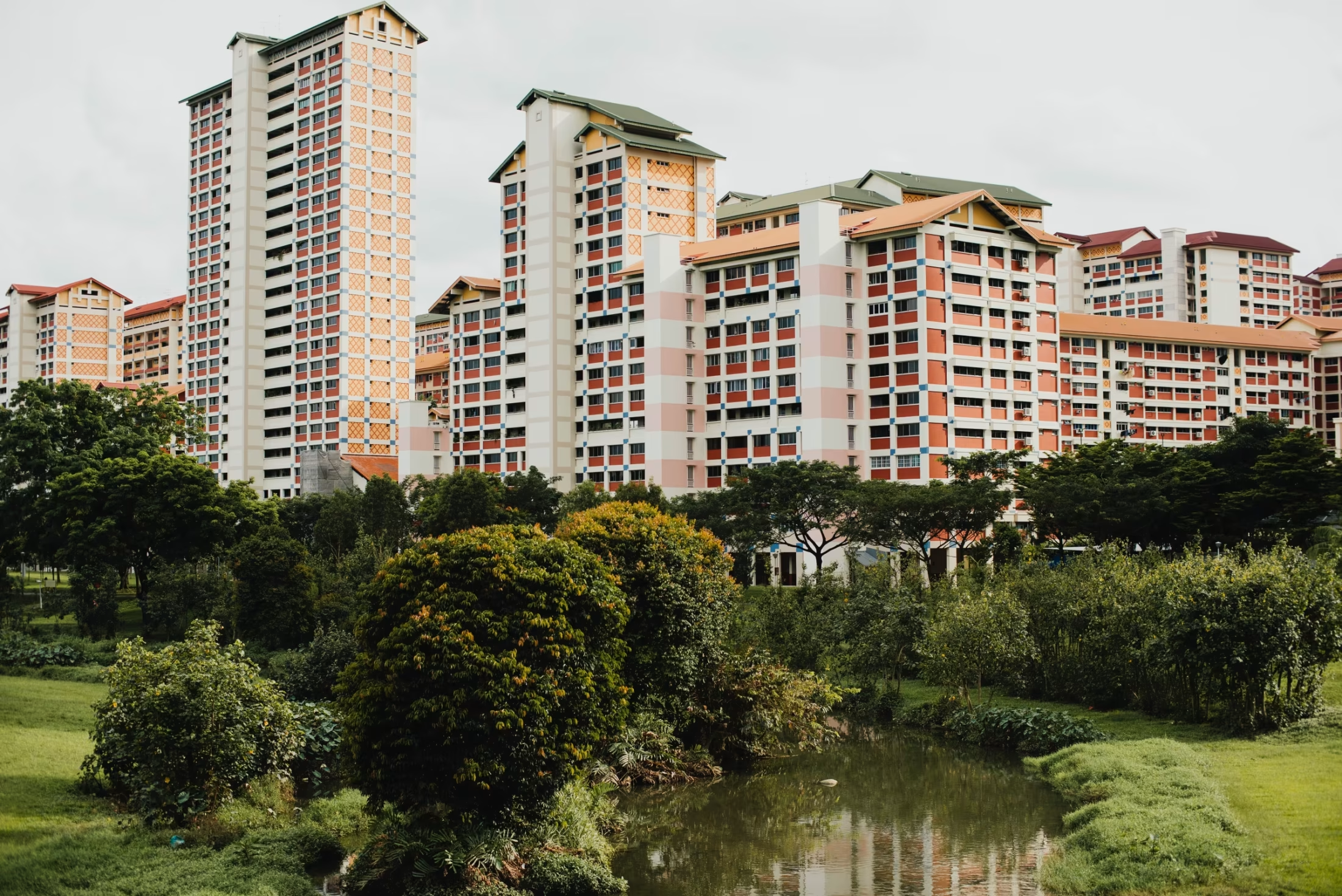

- Who can buy: Singaporeans and PRs (with restrictions)
- Pros: Lower price than private condos, good amenities
- Cons: Can only sell to PRs after five years, to foreigners after ten years
ECs start as government-subsidized housing but become private after a decade. If you’re a PR looking for an affordable way into private housing, this could work.
Private Condominiums & Apartments
- Who can buy: Anyone, including foreigners
- Pros: No restrictions, plenty of options, good investment potential
- Cons: Expensive, higher taxes for foreigners
For expats, private condos are the most realistic option. They come with pools, gyms, security, and other perks, but prices vary greatly depending on location and size.
Landed Properties
- Who can buy: Singaporeans (foreigners need special approval)
- Pros: Spacious, luxurious, high-value
- Cons: Incredibly expensive, limited availability for foreigners
Foreigners rarely get approval to buy landed homes, except for those on Sentosa Island. Even PRs face restrictions. So, unless you’re a billionaire with government connections, this option is off the table.
Step Two: Budgeting Smartly
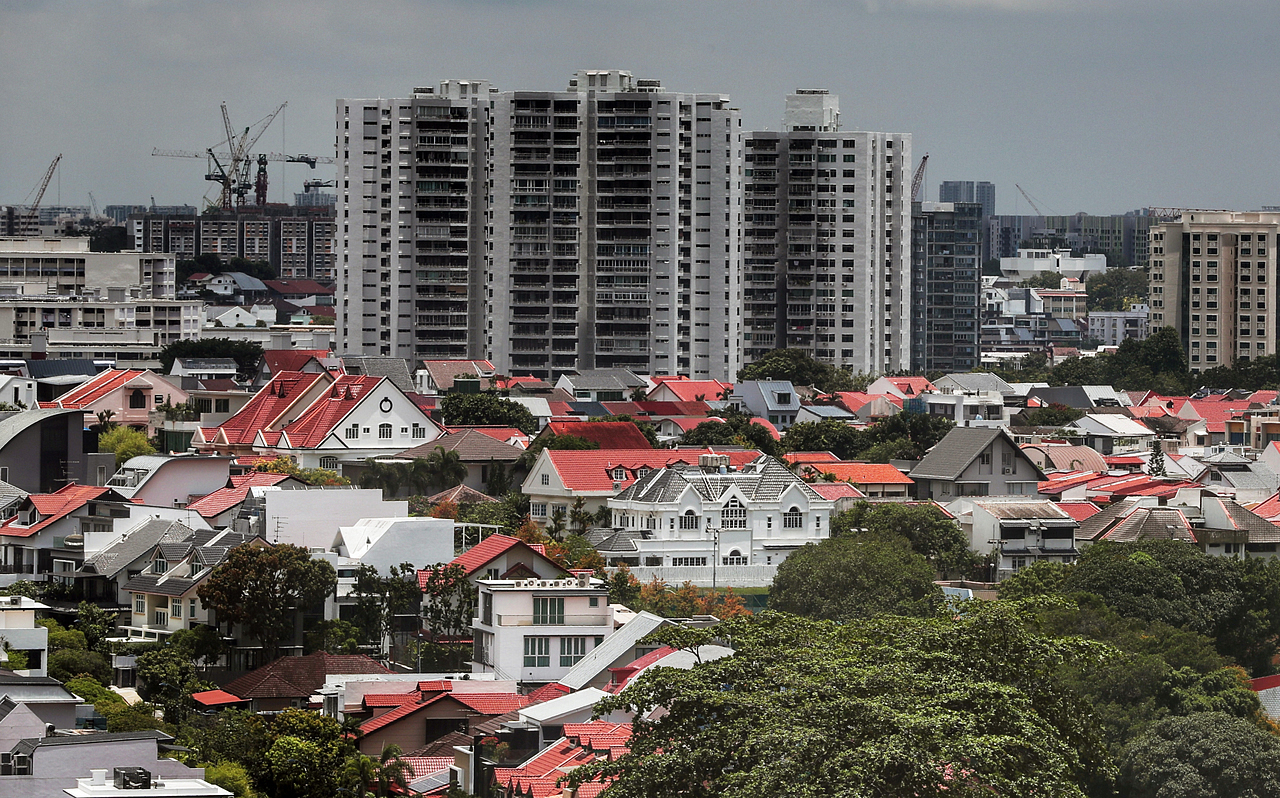

Before falling in love with a dream home, get clear on how much you can actually afford. Singapore has strict financing rules that impact how much you can borrow.
Major Costs to Factor In
- Down Payment
- Singaporeans & PRs: At least 25% (if taking a bank loan)
- Foreigners: Usually 40% or more
- Buyer’s Stamp Duty (BSD)
- Calculated progressively: The more expensive the property, the higher the tax
- Additional Buyer’s Stamp Duty (ABSD)
- Singaporeans: 0% for first home, 20% for second
- PRs: 5% for first home, 30% for second
- Foreigners: 60% flat rate (yes, it’s that high)
That 60% tax is why many expats hesitate to buy. Some find ways around it, like applying for PR or purchasing under a spouse’s name if they’re a citizen.
- Legal Fees & Miscellaneous Costs
- Lawyer fees
- Home inspections
- Maintenance fees for condos
- Agent commissions
Step Three: Getting Financing
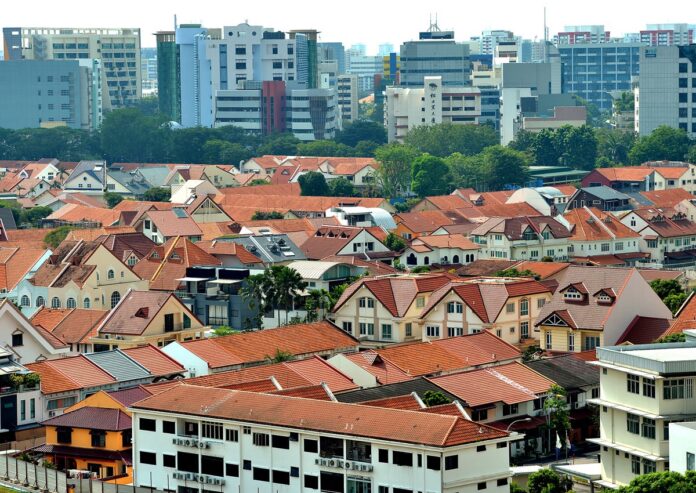

If you need a loan, Singapore’s banks will only lend up to 75% of the home price, so you’ll need a big down payment. Also, the Total Debt Servicing Ratio (TDSR) rule means your monthly loan repayments can’t exceed 55% of your income.
If you’re an expat, your options depend on your financial status. Some banks offer loans to foreigners, but interest rates fluctuate.
Step Four: Picking the Right Location
Singapore may be small, but each area has a different vibe. Choose based on lifestyle, budget, and commute time.
Prime Areas (Central Business District, Orchard, Marina Bay, Tanjong Pagar)
- Close to work and entertainment
- High-end condos, luxury living
- Most expensive
Popular Expat Areas (Holland Village, East Coast, Sentosa, River Valley)
- More space, good food, international schools
- Well-connected but still pricey
Affordable & Family-Friendly Areas (Woodlands, Jurong, Punggol, Sengkang)
- More affordable
- Further from city center but well-connected
Step Five: House Hunting & Making an Offer
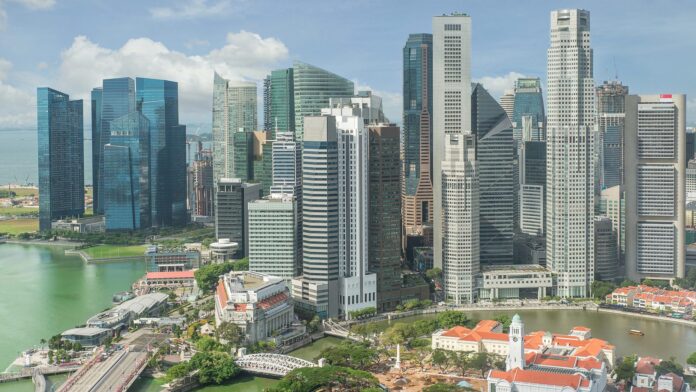

Now, the fun part—finding the right home! You can browse online, visit showflats, or work with an agent. If you’re looking for modern, well-located developments, check out Elta for some excellent options.
Negotiation Tips
- Developers may offer discounts for early buyers
- Resale property prices can be negotiated—don’t be afraid to ask
- Having pre-approved financing strengthens your offer
Once you make an offer, expect the process to take 8–12 weeks before you officially get the keys.
Step Six: Moving In & Next Steps
After the paperwork is done, it’s time to plan your move. Some final things to consider:
- Renovations & Furniture: New homes often come bare
- Condo Maintenance Fees: Budget for ongoing costs
- Rental Income Potential: If buying as an investment, check rental demand in the area
Final Thoughts
Singapore’s property market can be intimidating, but it’s not impossible. If you’re a citizen, take advantage of grants. If you’re a PR, plan your purchase carefully to avoid high taxes. Expats need to weigh the costs before deciding if buying makes sense.
The key is to plan ahead. Know what you can afford, research areas carefully, and work with professionals who can guide you.
Thinking about buying a home in Singapore?

